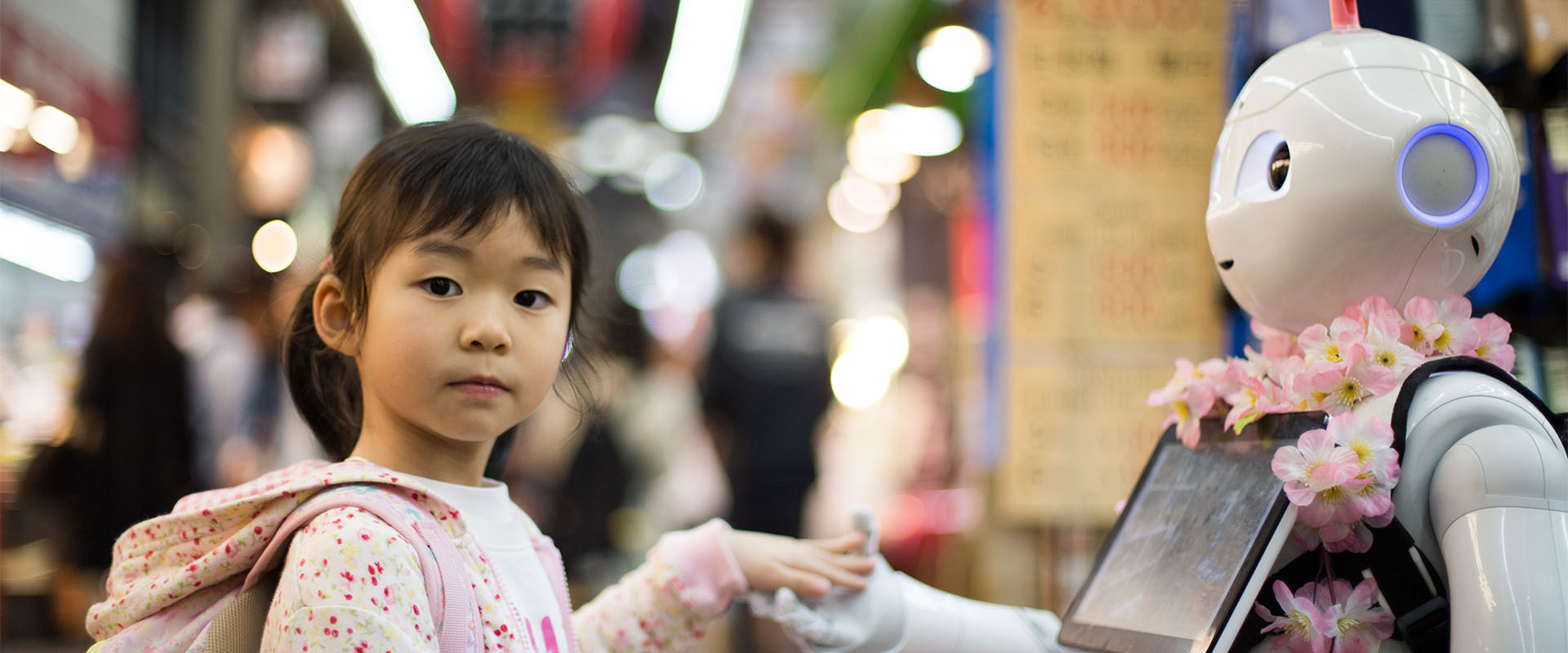In a public declaration to the world, the Japanese government recently reaffirmed that—at least in Japan—data used to train artificial intelligence (“AI”) tools does not infringe upon the rights of copyright holders. In response, Amana Images formed the Japan Image Generative AI Consortium in June. This panel of 20 experts was tasked with recommending why Japan should change its policy.
In short, the Japanese government’s policy states that AI can use any data “regardless of whether it is for non-profit or commercial purposes, whether it is an act other than reproduction, or whether it is content obtained from illegal sites or otherwise.”
Given the seemingly wide-open nature of this policy, there seems to be a real possibility that failure to establish some level of AI-related infringement protection could result in a burgeoning “Silicon Valley” style AI industry setting up shop in the land of the rising sun.
What Constitutes AI Art?
In the world of AI, specifically AI Art, every discussion stems from two foundational pillars: “Software” and “Datasets.”
In the “Software” pillar, we find the parameters, features, and core code of the AI before it ever runs its first job. It’s at this stage that the AI tool typically has the learning of its predecessors integrated already. This pillar evolves over time as handlers relax or constrict the conditions and prompts to get better and more convenient results, and as the AI improves itself through deep learning.
The “Dataset” pillar consists of text, audio, video, and other digital assets assembled in a format that the software can digest to reproduce AI-created art of some kind. Based upon how this dataset is introduced, the AI will learn what grass, trees, or people look like, what specific art styles are, what fonts and representations of text are commonplace or preferable, what a dog’s bark sounds like versus a cat’s meow, etc.
Where and how this dataset is obtained by AI and by what rights it is used have up until now been a sticking point in legal debates and infringement claims involving AI and IP. Thus, the Dataset pillar is truly the gas that fuels the fire.
Who Owns the Data?
The Japanese government argues that since AI will never create an identical reproduction of another’s specific IP, then any dataset the AI is trained on does not need to get the permission from the owners of the IP to use it. If you’re the owner or creator of IP, you might rightly view that notion as very dangerous—or at least concerning.
For example, what happens if a business takes the successful IP of a competitor and asks an AI tool to come up with a similar approach? In theory, any logo, character, theme, brand identity, or trademark could be mimicked without repercussion. Similarly, the likenesses of celebrities—or even us less-famous types—could be scraped off the web and used within an AI dataset.
Should You Be Moving to Tokyo?
As the “AI Wild West” forms, conceding oversight and enforcement of copyright infringement matters would not seem preferable to anyone, not even Japan. The Japanese government does not operate in a vacuum. They are not the sole purveyors of IP law worldwide. The interests of other nations apply, as do numerous global laws that already protect IP.
Rest assured that Ludwig APC continues to monitor how AI’s impact on IP creation and ownership is tested here in the United States and across the globe. It’s our goal to stay at the forefront on how AI is impacting IP and business best practices so we can diligently advise clients on copyright matters, IP, and business litigation.
Let’s Work Together: Global Experience, Personal Focus
If you have questions about how AI tools and products could affect your business, or whether you should use them at all, contact us today to arrange a free consultation: (619) 929-0873 | [email protected].



